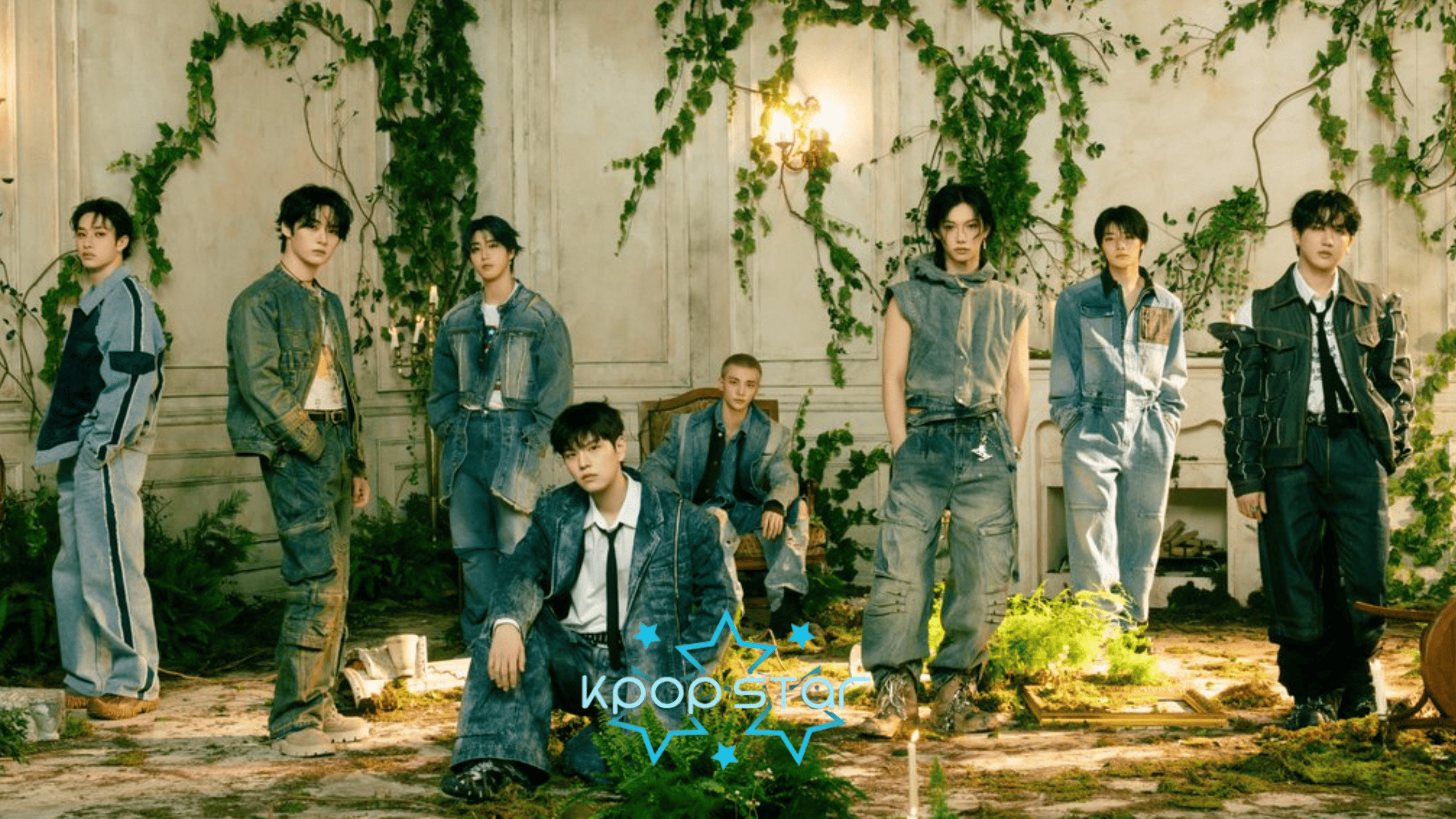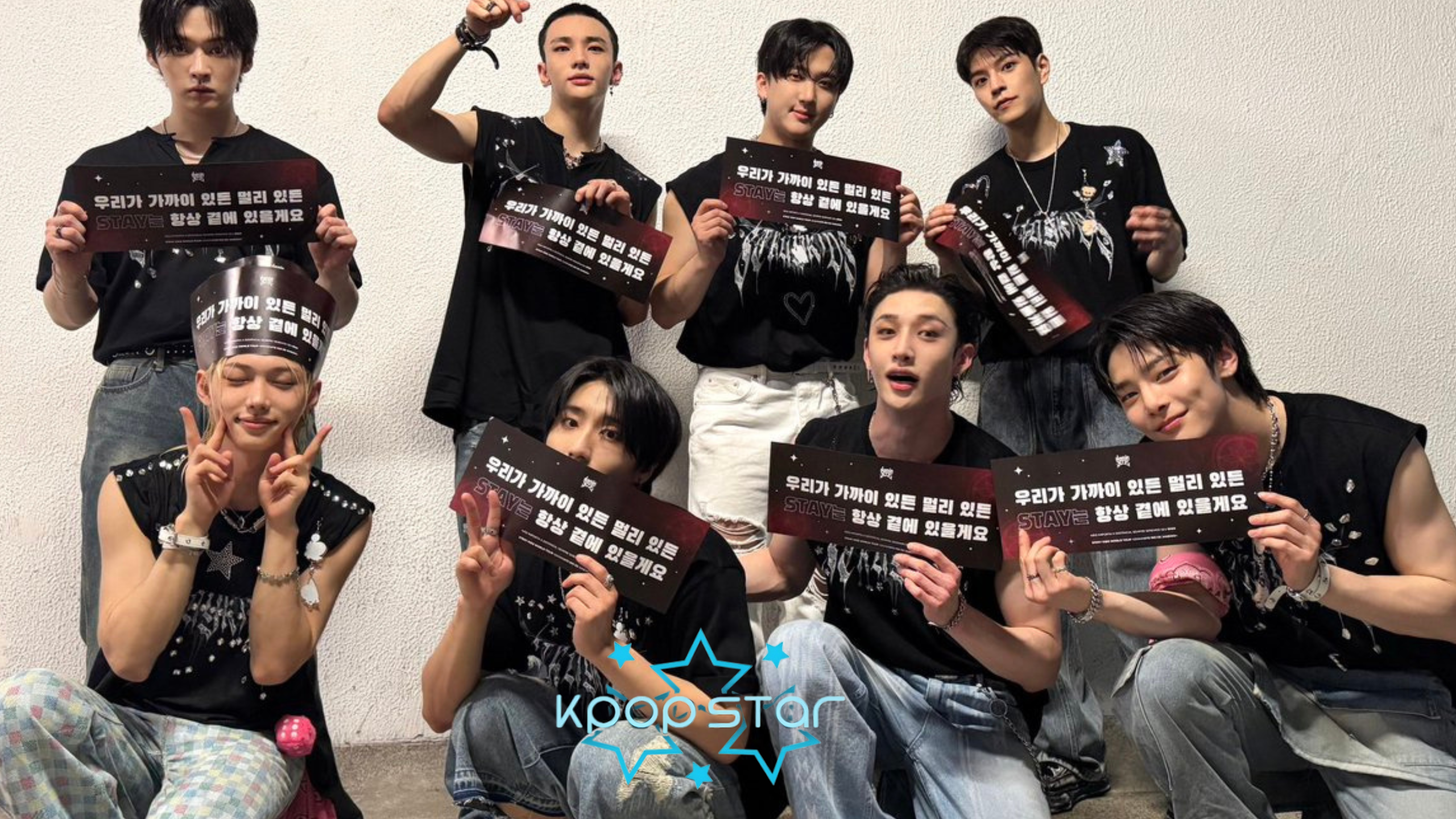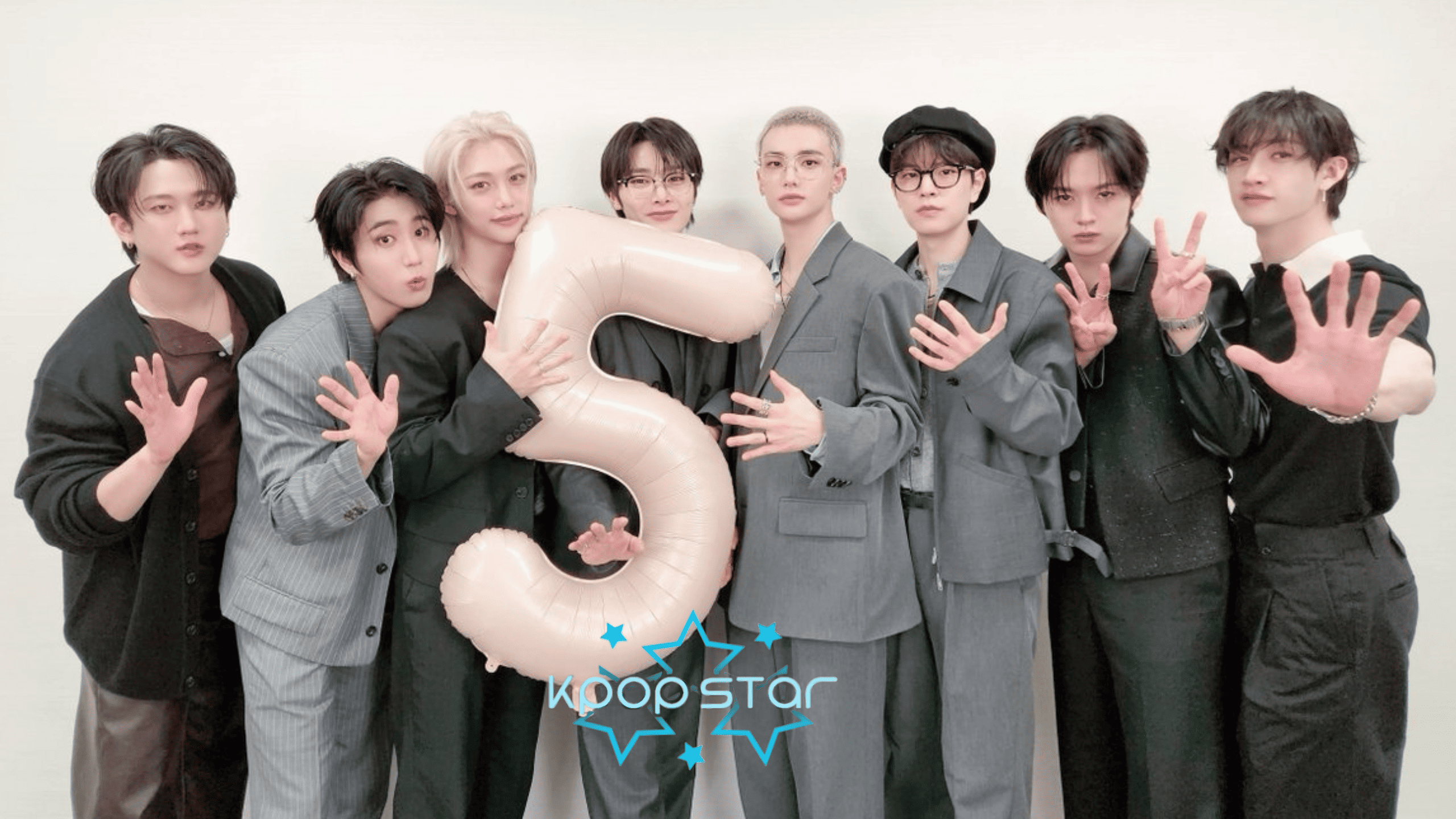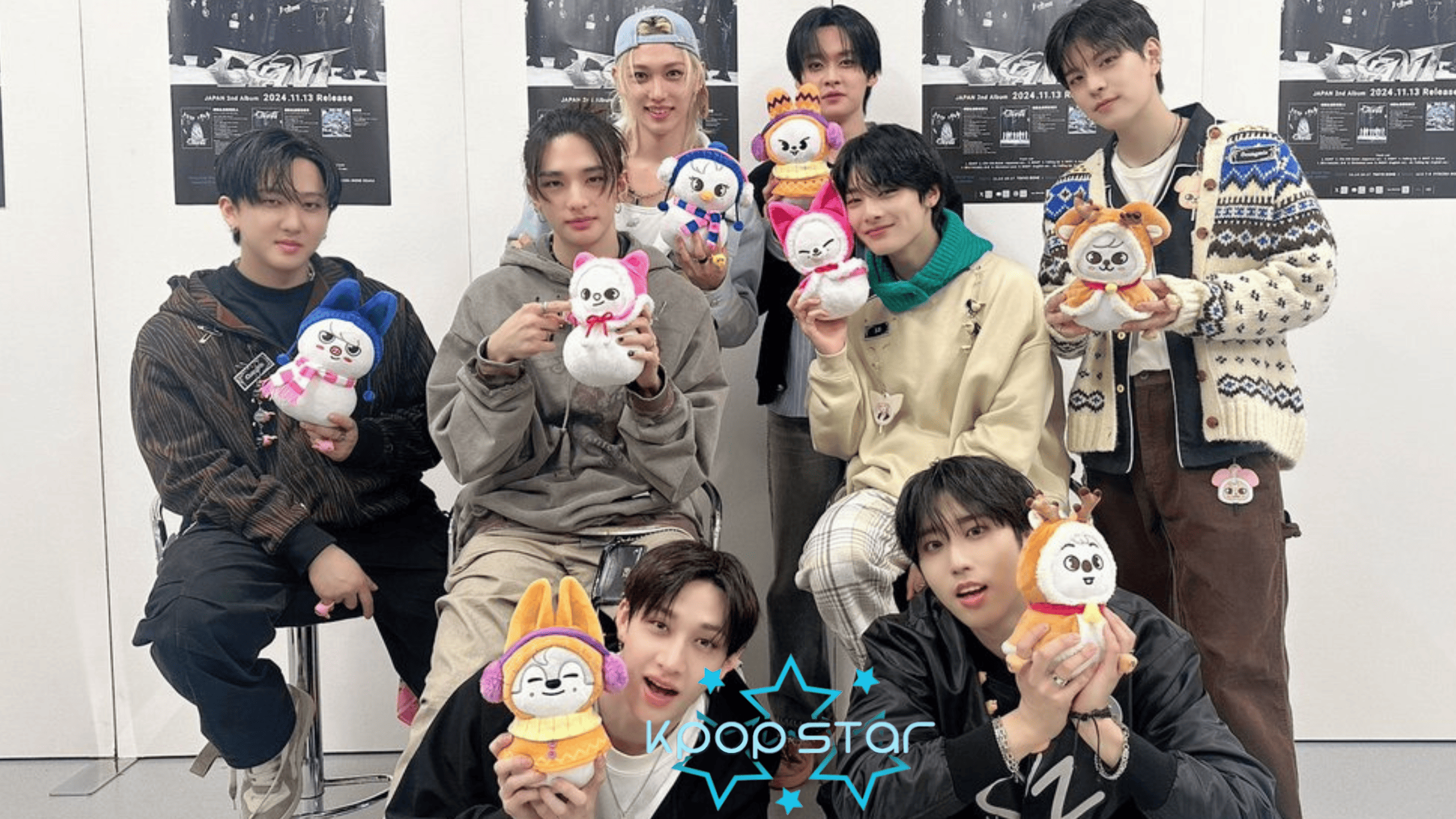The Deep Meaning of the Song “Wolfgang” Stray Kids from the album NOESY
Table of contents
- “Wolfgang” Stray Kids Introduction
- Lyrical Meaning of “Wolfgang” Song Stray Kids
- The Deep Meaning of “Wolfgang” Song Stray Kids
- Conclusion
1. “Wolfgang” Stray Kids Introduction
“Wolfgang’” is a song by K-pop group Stray Kids’ that uses the metaphor of wolves and wolf gangs to describe the group’s identity and philosophy. The song has a strong rhythm with lyrics featuring characteristic wolf cries and noises (“woof, woof”).
The song combines sharp rapping and expressive vocals with a consistent play on wolf metaphors. There are 8 members of Stray Kids who participated in this song: Bang Chan, Lee Know, Changbin, Hyunjin, Han, Felix, Seungmin, and I.N.
2. Lyrical Meaning of Song “Wolfgang” Stray Kids
“The world is colored away, It is colored red”
- The world turning red can symbolize a worldview filled with anger, violence, or passionate desire.
- The color red can also represent the overflowing spirit, passion, or power of the singer/group.
“I endure the pain, I try to be strong”
- This line describes an internal struggle to endure adversity and stay strong despite pain.
- It can also represent the painful but necessary process of transformation or growth to become a stronger version of oneself.
“In this moonlit night”
- A moonlit night often symbolizes a time of transformation or awakening, signifying the moment when another side (perhaps the “wolf” side) of oneself emerges.
- It can also symbolize a moment of clarity in the midst of darkness, or a time when intuition and instinct are more dominant than logic.
“Grr, wolf gang, ah”
- A clear reference to the “wolf” identity that is the theme of this song, creating an image of a group that has strong bonds like a wolf pack.
- Showing the wild and instinctive side of the singer or group’s persona.
“Grrah, we go wild”
- Emphasizes the release of control and liberation from social boundaries or expectations.
- Depicts a moment of transformation where they fully express their wild side uninhibited.
“If you feel us, then be polite”
- A warning to listeners or “opponents” to still show respect if they feel the group’s presence or power.
- It can also be interpreted as a statement of dominance in the music industry or competition.
“Don’t raise your head and drop your posture”
- Demands obedience and recognition of the superiority of the group or singer.
- Can also symbolize a natural hierarchy such as in a wolf pack, where posture indicates status.
“A starving hunter, a starving hunter”
- Depicts determination and an insatiable hunger for success.
- Illustrates their position as a hungry predator in the music industry or competitive environment.
“Without mercy, I bite your throat at once, Chew it all up and eat it”
- A metaphor for an uncompromising and aggressive approach in pursuing a goal or beating the competition.
- Describes the intensity and power of their performance or musical work that “pounces” on the listener.
“I bury my guilt in the world of the weak meat”
- Describes the rejection of weakness and guilt in order to survive in a competitive world.
- It can also symbolize self-justification for aggressive actions in achieving goals.
“The rising music as well as our howlin’ will easily overwhelm the atmosphere”
- Indicates the belief that their music and expressions have the power to dominate and change the atmosphere.
- It symbolizes the confidence and influence they hope to achieve through their music.
“Plowing through the storm, yeah, I know”
- Depicts a struggle against adversity with determination, like someone who forges ahead despite the storm.
- It can also represent perseverance in the face of criticism or resistance from the industry or competition.
“A continuous brutal suffocating feeling”
- Describes the mental burden and pressure constantly felt in pursuing a goal or maintaining a position.
- It may also describe experiences in the competitive and often cruel entertainment industry.
“Even if I try to escape, now I know”
- Implies the realization that there is no escape from the path one has chosen.
- It can also represent acceptance of one’s destiny or role.
“This is a competition I can’t avoid”
- Acknowledges the reality of the competitive world in which they operate, be it the music industry or life in general.
- Can also symbolize acceptance of the competitive nature within that cannot be avoided.
“Everything has disappeared”
- Describes a sense of losing one’s previous identity or values in the process of becoming stronger.
- It can also symbolize a singular focus where other things become unimportant or invisible.
“I’m afraid, I’m scared”
- Expresses vulnerability and honesty amidst a strong persona, showing a duality of emotions.
- Can also represent fear of failure or the consequences of a chosen path.
“In groups like these we have to stick together to live”
- Emphasizes the importance of solidarity and unity within the group to survive.
- Depicts a wolf pack mentality where strength comes from unity and cooperation.
“We are the maestros who lead the world”
- A statement of confidence and ambition to be the leader or controller in their field.
- It can also symbolize confidence in the influence their art and music will have on the world.
“Pouring our souls into every moment”
- Describes total dedication and authenticity in their work or performance.
- Emphasizes intensity and earnestness in everything they do.
“Hold your breath because you’ll get caught”
- A warning to “opponents” that they will get caught if they try to fight or hide.
- It can also be interpreted as the effect of their music that will “catch” or captivate the listener.
“I show my true nature and follow my instincts”
- Expresses authenticity and refusal to pretend to be something they are not.
- Emphasizes trust in natural instincts rather than conventional rules.
“Hide thoroughly, I can see your hair”
- Indicates sharpness of senses and the ability to find the hidden.
- Can also symbolize the ability to see through the falsehoods or masks of others.
“We go hard, let’s go get ’em”
- A statement of passion and aggressiveness in pursuit of a target or goal.
- Shows a “full-force” mentality in everything they do.
“We get on your nerves”
- Recognizing and accepting the disruptive effect they have on others or competitors.
- Can also be interpreted as pride in the ability to make a strong and memorable impression.
“The sound of our steps is like an orchestra”
- Likens their collective movements to musical harmony, demonstrating coordination and beauty.
- Describes the impact and resonance of their presence that feels like powerful music.
“There’s a crowd shuddering at the sharp melody”
- Describes the audience’s strong reaction to their performance or work.
- It can also represent the intimidating effect they have on competitors or critics.
“In a thoughtless hunt, run in groups”
- Describes instinctive and natural collective action, without much rational thought.
- Emphasizes the power of collective action and herd coordination.
“Laughing at the ruins we passed by”
- Shows indifference to the destruction they left behind.
- Can also symbolize abandonment of the past or a defeated competitor.
“Wolfgang, yes sir, I accept the mission and destroy it”
- Demonstrates adherence to group identity and collective mission.
- Emphasizes determination to complete the task with perfection and totality.
“Crumple that humorous smile”
- A command to eliminate disparaging expressions from opponents or critics.
- Can also be interpreted as a demand to be taken seriously by the industry or the public.
“Or hold yourself and lower your head”
- Gives the “opponent” a choice: submit or face the consequences.
- Asserts the dominant position and demands recognition of their superiority.
Overall, the lyrics use the metaphor of a wolf to portray the group’s strong, wild and unapologetic identity. The themes of domination, survival, transformation and power are central to the song.
3. The Deep Meaning of Song “Wolfgang” Stray Kids
The song “Wolfgang” explores several key themes:
Togetherness and pack loyalty
- The “wolf gang” metaphor describes how they must unite and work together to survive (“we have to stick together to live”). This concept is very common in K-pop culture, where group identity is highly emphasized.
Competition and struggle
- The song describes the competitive and harsh world of entertainment (“This is a competition I can’t avoid”). The K-pop industry is known to be highly competitive, and they portray that feeling through the analogy of hunting and survival.
Power and dominance
- Many references to being a leader, following their instincts, and showing their true “wild” side, reflecting the ambition and determination of the group.
Dedication to music
- Lines like “We are the maestros who lead the world, pouring our souls into every moment” show their commitment to their art.
Duality
- The song also explores the balance between the human side and the “wolf” side – between vulnerability (“I’m afraid, I’m scared”) and strength (“I show my true nature and follow my instincts”).
4. Conclusion
“Wolfgang” is an artistic representation of Stray Kids’ identity as a group and their experience in the K-pop industry. Using the metaphor of a powerful wolf, the song depicts their unity, resilience in the face of music industry challenges, and dedication to their art.
The title “Wolfgang” itself is a clever play on words that incorporates “wolf gang” and may also be an implicit reference to classical composer Wolfgang Amadeus Mozart, emphasizing the “maestro” aspect of the music mentioned in the song. Overall, the song is a strong statement of Stray Kids’ collective identity and their determination to survive and thrive in a competitive industry, while staying true to themselves and their music. When they state “We are the maestros who lead the world,” they express ambition and confidence in their artistic abilities.




hi
Hello
The song “Wolfgang” by Stray Kids is a powerful blend of sharp rapping and expressive vocals, using wolf metaphors to convey their strong and unapologetic identity. The participation of all eight members—Bang Chan, Lee Know, Changbin, Hyunjin, Han, Felix, Seungmin, and I.N—adds depth and unity to the track. The themes of domination, survival, transformation, and power are central, reflecting their resilience in the K-pop industry. The clever wordplay in the title, combining “wolf gang” and referencing Wolfgang Amadeus Mozart, highlights their artistic ambition. The line “We are the maestros who lead the world” showcases their confidence and determination. How do you think the metaphor of the wolf enhances the message of the song? Do you believe this approach effectively captures their journey and identity in the music industry?